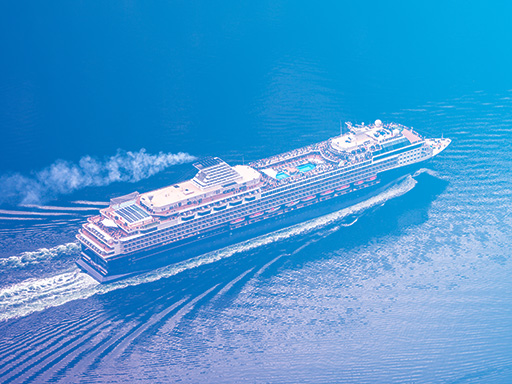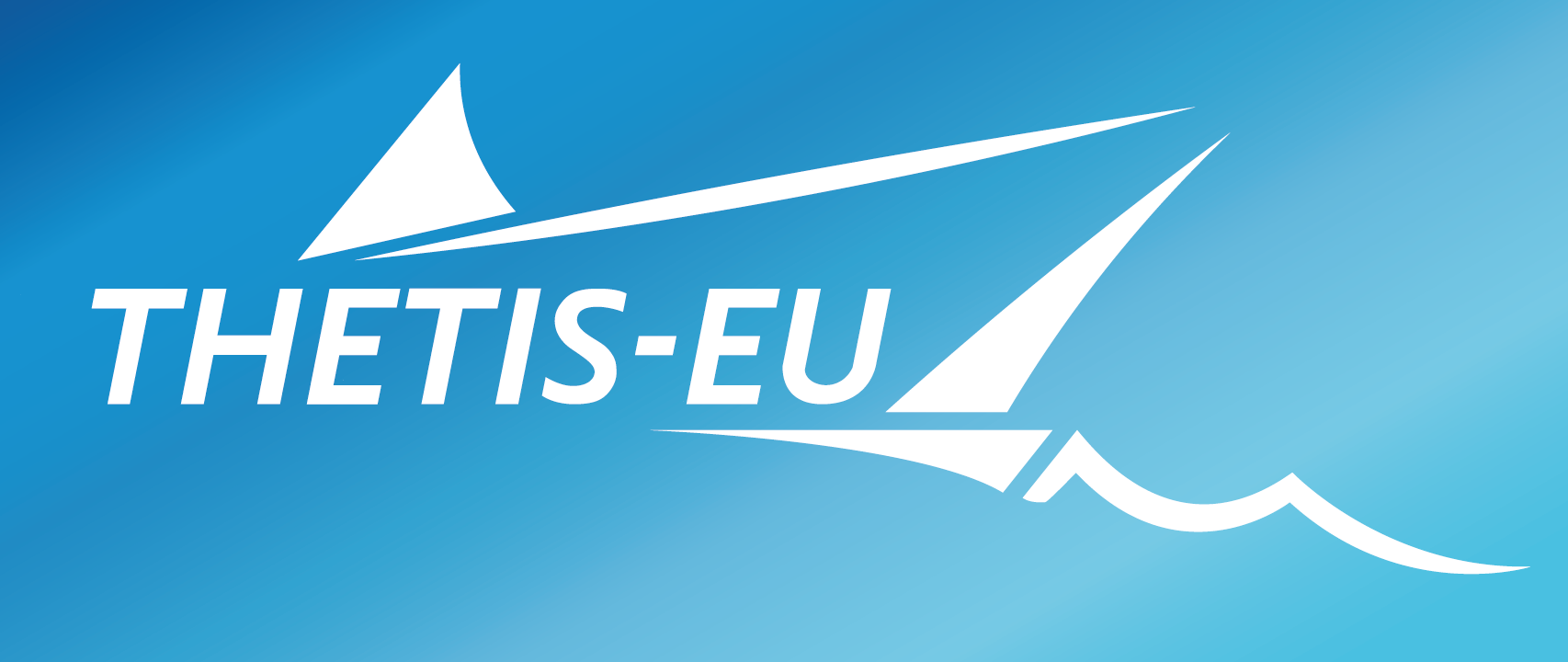THETIS EU

THETIS-EU is a platform, hosted and managed by EMSA, that supports the implementation of a wide spectrum of EU maritime legislation.
THETIS-EU was first introduced to record and exchange the results of individual compliance verifications performed by Member States under the Sulphur Directive. Since then, the platform has evolved to support other EU legislative instruments, including port reception facilities, ship recycling, port facility security, and animal transport.
THETIS-EU: Sulphur
Directive (EU) 2016/802 sets limits on the sulphur content of marine fuels used by ships in the EU and requires EU Member States to implement a system of sampling and analysis of marine fuel for use on board ships, and to report on this sampling. Reporting is done through THETIS-EU’s Sulphur module, and the data is made publicly available via the online platform. This system supports higher environmental standards here in the EU, including the designation of sulphur emission control areas (SECA) in European waters.
Access the THETIS-EU sulphur inspection data: THETIS-EU - Compliance (europa.eu)
THETIS-EU : Port Reception Facilities
Directive 2019/883, which entered into force on 28 June 2021, aims to protect the marine environment from the negative effects of waste from ships using EU ports, by improving port reception facilities for waste from ships. The Directive requires that ships send per-arrival notifications specifying the type and volume of waste collected on board. After delivery in port and upon departure, ships have to provide similar notifications. This information is routed through SafeSeaNet, and then relayed to THETIS EU, to assist the competent Member State authorities when selecting ships for inspections, or when performing and following-up inspections, as well as to provide statistics on volumes of waste generated and landed.
THETIS- EU: Maritime Security
Regulation 725/2004 on enhancing ship and port facility security makes the International Ship and Port Facility Security Code (ISPS Code) mandatory for EU and EEA Member States. The THETIS-EU: Maritime Security module provides a comprehensive overview of ships for EU inspection authorities to guide and support the inspection process for Maritime Security purposes (MARSEC).
THETIS-EU: Ship Recycling Report (SRR)
Regulation 1257/2013 provides for a comprehensive set of rules and regulations for ship recycling which apply to Flag States, ships and recycling facilities. THETIS-EU: SRR provides an overview of ships for EU inspection authorities to guide and support the inspection process required for a Ship Recycling Report (SRR). The data comes from ship inspections, and no data on facilities or on Inventories of Hazardous materials is inspected, other than as part of the ship inspection. The ship inspection is also only an enforcement inspection and not an authorisation.
THETIS-EU: RoPax
Directive 2017/2110 lays down rules for a system of inspections and safe operation of ro-ro passenger ships and high-speed passenger craft in regular service. The Directive puts foreign flagged ships fully under port state control and therefore their inspections are fully assimilated and recorded in THETIS, through the PSC information system. However, inspections performed on national flagged ships because the ship either operates domestically, or between a homeport and a non-EU port do not fall under the PSC regime, and therefore must be recorded separately, through THETIS-EU: RoPax. These inspections relate to enforcement inspections and are not Flag State surveys related to the validity of statutory certificates
THETIS-EU: animal welfare inspections
From April 2022, a new version of THETIS-EU has been supporting inspections of livestock vessels aimed at safeguarding animal welfare within the context of Regulation (EC) No 1/2005. Inspectors can report their inspections on a voluntary basis in THETIS-EU, benefiting from ship and port call information updated through other EMSA systems. The module allows veterinary inspectors to target the ships to be inspected, declare non compliances, declare certificates of approval of livestock vessels and generate inspection reports. These reports are shared between Member States and allow a better follow-up of cases of non-compliances.




